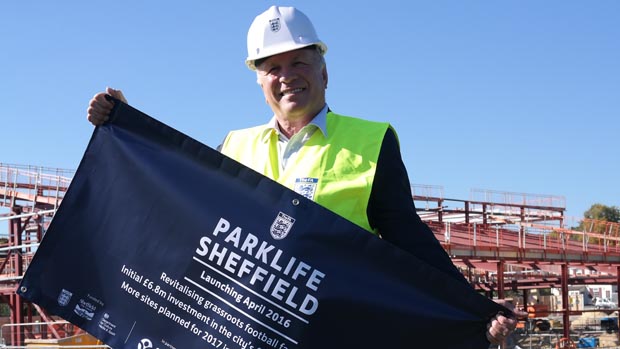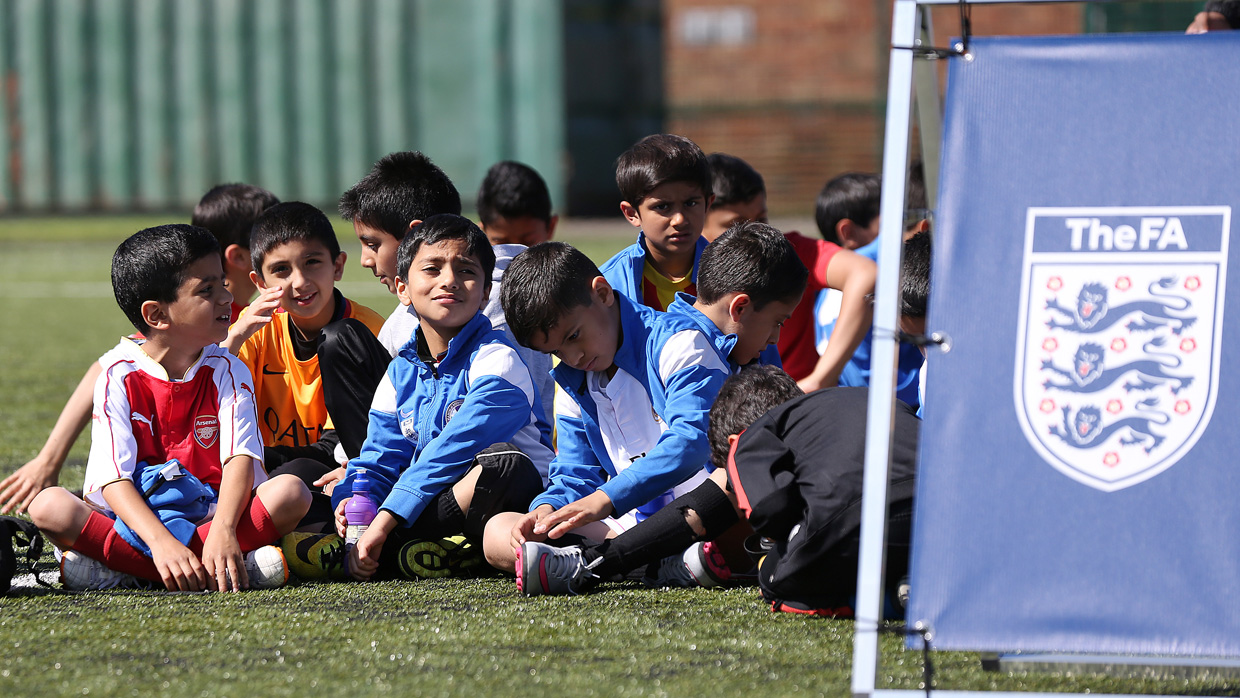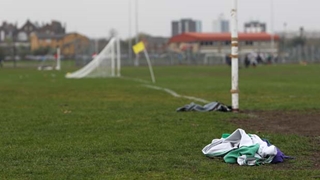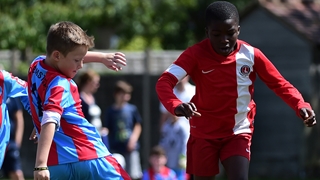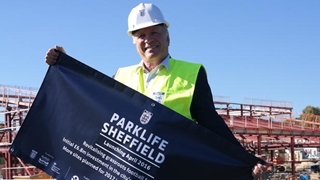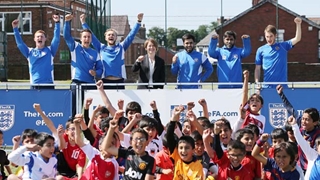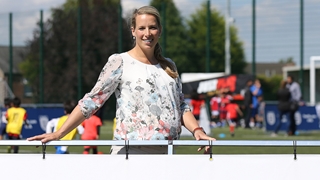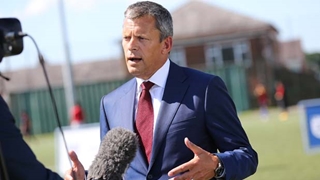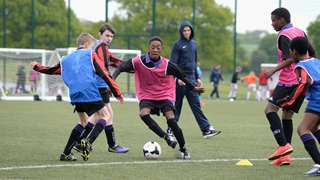
The FA has released data from the largest survey ever undertaken into grassroots football.
More than 28,750 players, coaches, referees, staff and volunteers responded to the online poll during October.
And results show that their commitment to supporting the national game is steadfast – with more than three-quarters of respondents indicating that they plan to maintain or increase their involvement next season.
Grassroots Football Survey 2015
Participants: 28,757
52% believe football is best value-for-money sport
25% would play more if there were better facilities
£260m to be invested by The FA into grassroots football
150 new 'Parklife' hubs to be set up in 30 cities
County Coaches introduced to improve and support grassroots coaching
Grassroots coaching packages to increase diversity of coaches
More than half (52 per cent) hold the view that football is the most value-for-money sport to take part in – beating cycling (36 per cent) and running (32 per cent).
But the survey also confirms areas where it is widely accepted the state of the grassroots game needs to improve.
When it comes to playing facilities, in line with the findings of Greg Dyke’s Chairman’s Commission, the survey found that among existing players, availability of pitches remains the biggest factor in how much they play and a lack of quality of pitches is putting them off playing more.
Players with access to better quality pitches would like to play 25 per cent more often than currently, while those playing on poorly-maintained pitches are likely to reduce the amount they play next season.
Currently in England, 83 per cent of pitches are publicly owned and, as austerity measures kick in, local authority budgets are increasingly being squeezed. Therefore funds for pitch maintenance are often at risk as councils are forced to prioritise essential services.
Breaking the dependency on under-funded local authority pitches is a central pillar of The FA’s new National Game Strategy for Participation and Development.
“The scale of the response demonstrates the level of commitment that exists to improve the grassroots game”
Martin Glenn FA Chief Executive
A significant slice of the £260m budget over the next four years has been allocated to improving facilities directly – with investment set aside to bring the number of all-weather 3G artificial grass pitches more in line with some of our European counterparts.
New grass-turf pitches and improvements to a further 2,000 existing pitches are also in the pipeline.
And with Government support, further funds have also been dedicated to build up to 150 new ‘Parklife’ football hubs across as many as 30 cities - with a pilot scheme only months from starting in Sheffield.
When it comes to coaching standards, the survey reveals high satisfaction ratings among youth players (aged 10 to 15). However, that falls among older players with many feeling that the quality of coaching they receive decreases with age and poor coaching was identified as having a negative effect on the appetite of players to play regularly.
With the foundations of The FA’s new regional coaching structure currently being laid, some of the major concerns to be raised by coaches who completed the survey are already being addressed.
Only one in five coaches polled felt they were being supported in their development. Under the new grassroots coaching programme, there will be a network of County Coaches tasked with improving and supporting coaching across grassroots football with club mentoring programmes.
The survey highlighted some dissatisfaction around the cost of coaching courses, but also indicated that among individuals who had completed coaching qualifications, there was a greater sense that they have received value for money.
The average price paid for a Level 1 and 2 coaching qualifications equate to £5 per hour.
The FA’s new grassroots coaching package will see an extension of bursaries to get more women and people from diverse backgrounds into the profession - and there will be a drive to get more top level grassroots coaches into the game.
Women and girls football - which has seen a growth in participation in recent years - is starting to set the grassroots standard.
Approval ratings among female players about pitch availability and quality, changing facilities, refereeing and coaching standards are higher across the board.
FA Chief Executive Martin Glenn said: "First of all I want to thank the near 30,000 supporters of grassroots football who have taken the time to respond to the survey – which makes it the largest ever undertaken by The FA.
"The scale of the response demonstrates the level of commitment that exists to improve the grassroots game and reminds us - if we ever need it – who we are representing and what we are striving to achieve.
"There are lots of positives, we are listening and ready to act where needed."


